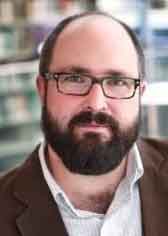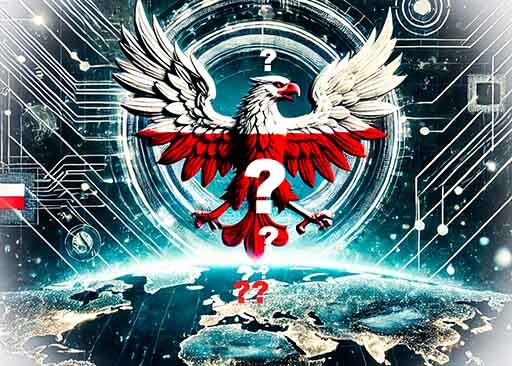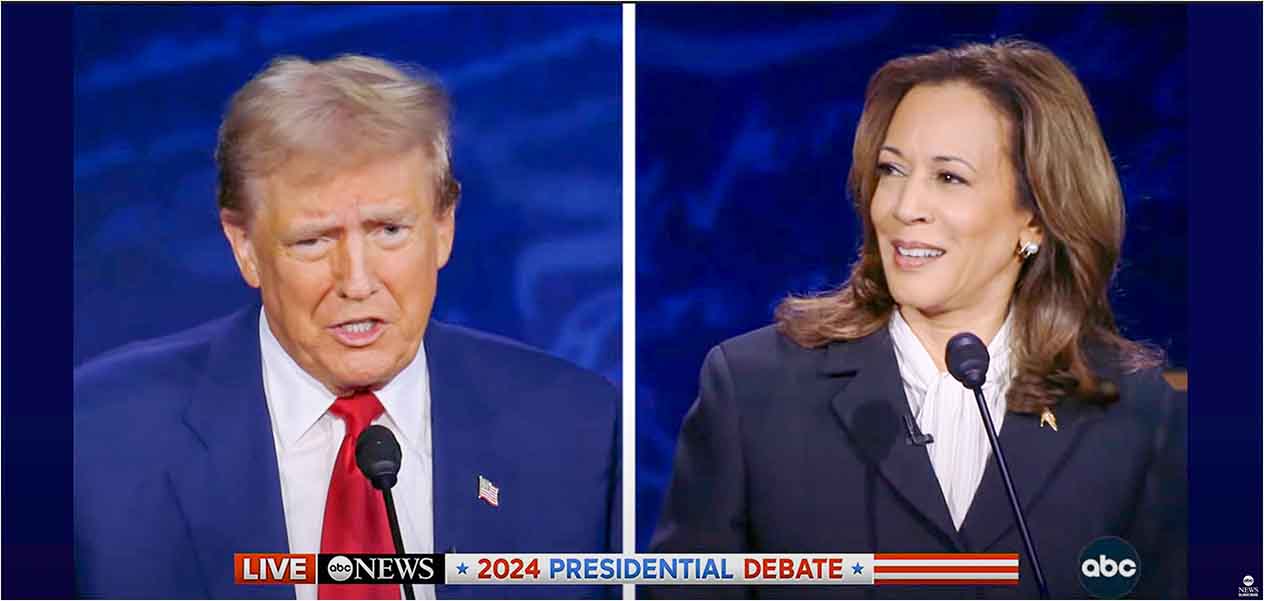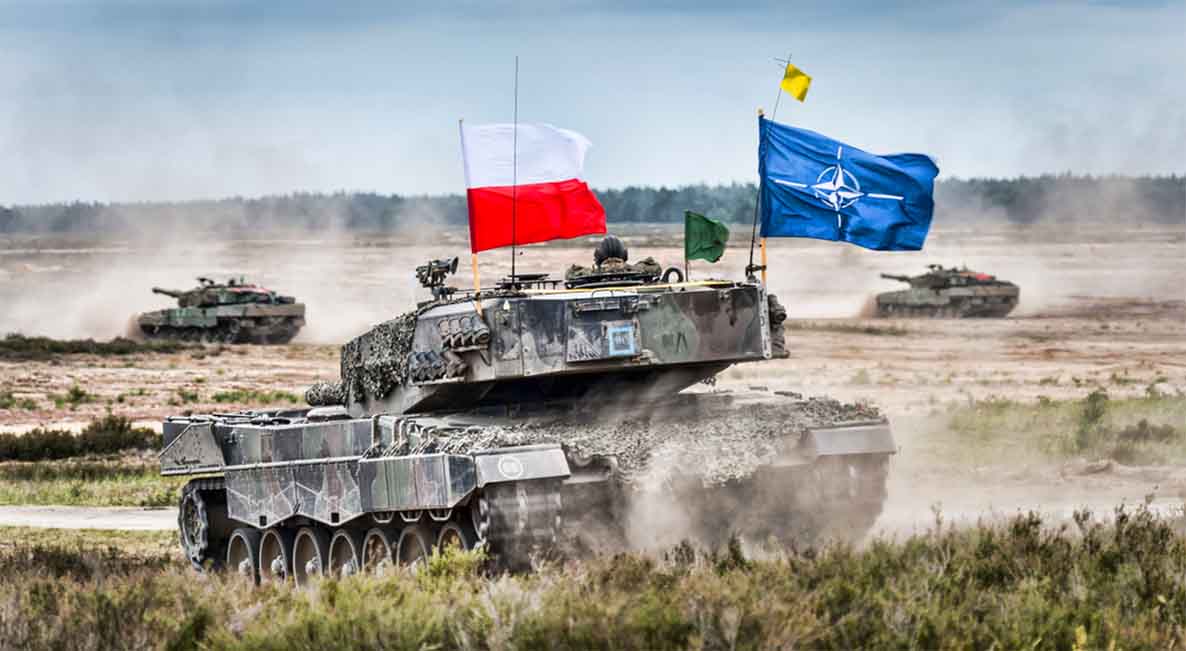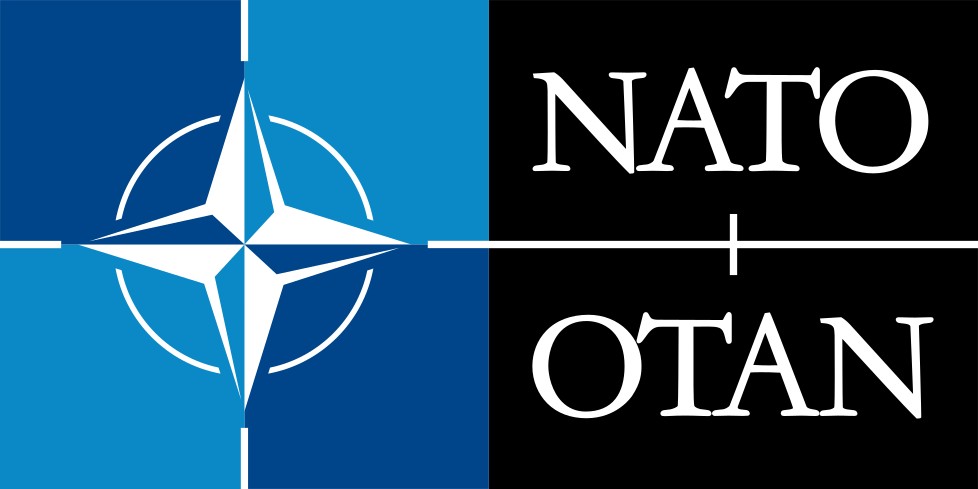Joanna Talarczyk: How do you assess what began in Poland on 4 June 1989?
Gregory Domber: It was a miracle that the Americans did not expect until the very last moment. It was a surprise and a wonderful moment of absolute joy for the Americans. People did not expect it, and the fact that the Poles were able to negotiate and reach an agreement peacefully was indeed a miracle in the eyes of all American politicians and decision-makers. I think it took a lot of people by surprise. We waited a long time for it, and when it happened, it was a moment of real happiness for us.
JT: In your opinion, did the United States play a role in Polish society's struggle against communism?
GD: I think it was an important role, but it did not determine the event. I write about this in my book from 10 years ago called 'Empowering Revolution'. I think the most important contribution of the United States was its material support for the opposition and the creation of a relationship of real trust, first with that opposition and, in the late 1990s, also with the reformers from the Communist Party. That is how I can put it in a nutshell.

Joanna Talarczyk and Gregory Domber during the interview (Source: DlaPolonii.pl)
JT: How did ordinary Americans perceive the events in Poland in 1989? Did they attract the interest of the press?
GD: I think there was a general lack of understanding of how important Poland's role was in the whole process at that moment. Professor Hutchings recalls that for him, the moment Mazowiecki became prime minister was the moment he realised that communism was collapsing. But I think for the American public, it was the fall of the Berlin Wall that clearly marked the end of communism in Central Europe. That aroused American interest. Outside the Polish community, the essence of the events of that time was not understood. Only in retrospect has it become clear how important a role Poland played in making this possible. However, I believe there is currently little public interest in the anniversary of 4 June, so the presence of US representatives in Poland at that time is essential to highlight this moment.
JT: So the Polish elections of 4 June did not arouse much interest in the American press?
GD: They were written about, but they did not capture the imagination of the Americans. They did not know what it meant. It was the events of November 1989 that captured the American imagination. To the detriment of the Poles, who deserve great credit for their contribution to events in the region.
JT: In your opinion, were there any mistakes made in Poland after 4 June, in the process of transformation from a communist to a capitalist system, our ‘return to the West’? Could something have been done better?
GD: Looking back, there are, of course, things that could have been done differently. But the decisions taken at the time were justified, and the possibility of stable change was the priority. That is why I do not criticise the actions of either the US government or the Poles at the time. With the benefit of hindsight, it is clear that things could have been done differently, especially given the economic difficulties in early 1990. The limitations of the neo-liberal approach certainly caused a lot of human suffering. But at the time, things happened faster and on a larger scale than anyone expected. The pain was real and deep, but it was short-lived. That is why I think the decisions taken at the time were very good. With hindsight, there are always comments and doubts, but at the time they were brilliant steps towards freedom. I appreciate that very much.
Interviewed by Joanna Talarczyk.



